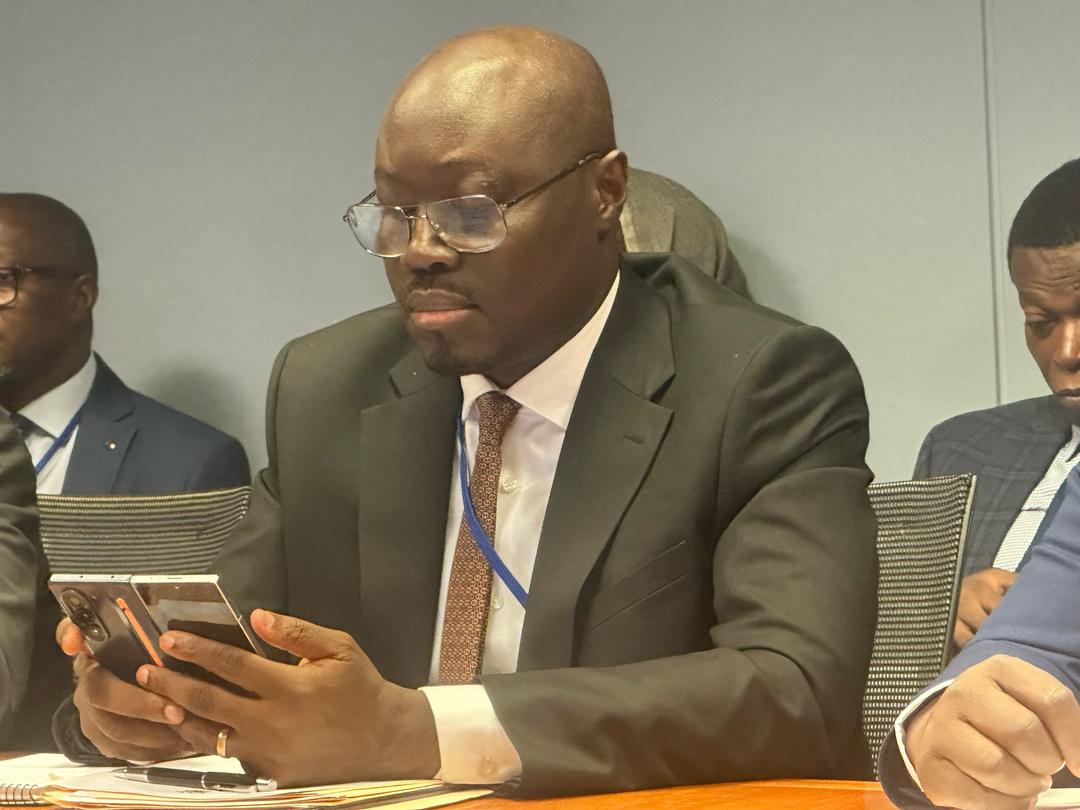'Tight monetary-fiscal coordination is paying off, but may be hurting growth' - Economist warns - MyJoyOnline
Tight coordination between fiscal and monetary authorities is delivering results, but at a cost.
That’s the view of Economist Prof. Godfred Bokpin, who says the recent stability of the Ghana cedi and decline in inflation are not accidental.
But he fears the policies driving this success may be stifling economic growth and worsening the long-term outlook.
“This is not a blip. There’s a reason for what is happening. It’s not purely accidental,” Prof. Bokpin said on Newsfile.
He pointed to the 2025 budget as evidence of a deliberate policy shift.
“You could see that government’s intention was to stabilise the economy. The economy was overheated. So what did they do? Shock therapy. Expenditure-based fiscal consolidation. And in nominal terms, compared to 2024, expenditure went up by just over ¢10 billion. That’s tight.”
But it’s not just fiscal restraint. He credited the Finance Minister and Bank of Ghana Governor for what he described as rare coordination.
“There’s coordination going on towards a common goal. And I want to commend them for that.”
On the monetary side, he pointed to transparency and aggressive tightening.
“The governor is publishing minutes of individual MPC members. They’ve raised the policy rate by 100 basis points. They’re doubling efforts on sterilisation, mopping up excess liquidity.”
The result is a powerful squeeze.
“Once government is not spending, there’s little injection of liquidity. Imports are low. Demand is subdued. With favourable FX inflows from gold, cocoa, and remittances, the central bank has the upper hand to step in and drag rates down.”
But Prof. Bokpin warned that this strategy might be short-sighted.
“My suspicion is that the central bank is trying to drive down inflation through the exchange rate. That’s why we’re seeing the currency strengthen.”
He acknowledged this could help tame inflation, but at a cost.
“If the idea is to bring inflation to target but we can’t do that from the supply side because the economy’s capacity is constrained, then I don’t support the way they’re strengthening the currency,” he argued.
“What we need in that situation are supply-oriented policies. Those won’t coexist with what we’re doing now.”
He explained that driving the exchange rate down only makes imports cheaper, and that’s not good for domestic production.
“This strategy doesn’t create jobs. It just promotes an import-oriented economy,” he said.
Prof. Bokpin cited inflation data to drive home his point.
“From November 2023, inflation on locally produced items is higher than on imported goods. That means you’re better off importing—even after paying all the port duties—than producing locally.”
He argued that if the aim is to stabilise the currency, the government must communicate clearly.
“The market has adjusted to around ¢15 to the dollar. If you drag it down, to what point? I believe the Bank of Ghana has a target level in mind. But they haven’t communicated that. And that’s dangerous. It leaves the market guessing.”
He believes the focus should now shift from exchange rate intervention to reserve building.
“With favourable FX flows, we should be building reserves. That allows for long-term predictability. Stability over time is what the market needs. That helps with planning. The ups and downs aren’t good.”
Prof. Bokpin acknowledged that the Bank of Ghana still has some room to intervene.
“We’ve breached the reserve floor under the IMF programme before. So there’s a margin to act. But I agree with the First Deputy Governor—the reserves aren’t being burned.”
But he warned of the bigger risk.
“When the cedi strengthens, the real concern is always sustainability. We’ve seen this before. It goes up, it comes down. That’s not good for planning or investment.”
He returned to his core concern: that current policies may be winning the inflation fight while quietly suffocating production.
“If we keep strengthening the currency, all we’re doing is making imported goods cheaper. That doesn’t help us build anything. It just makes local producers less competitive.”
The Views, Comments, Opinions, Contributions and Statements made by Readers and Contributors on this platform do not necessarily represent the views or policy of Multimedia Group Limited.
The Views, Comments, Opinions, Contributions and Statements made by Readers and Contributors on this platform do not necessarily represent the views or policy of Multimedia Group Limited.











